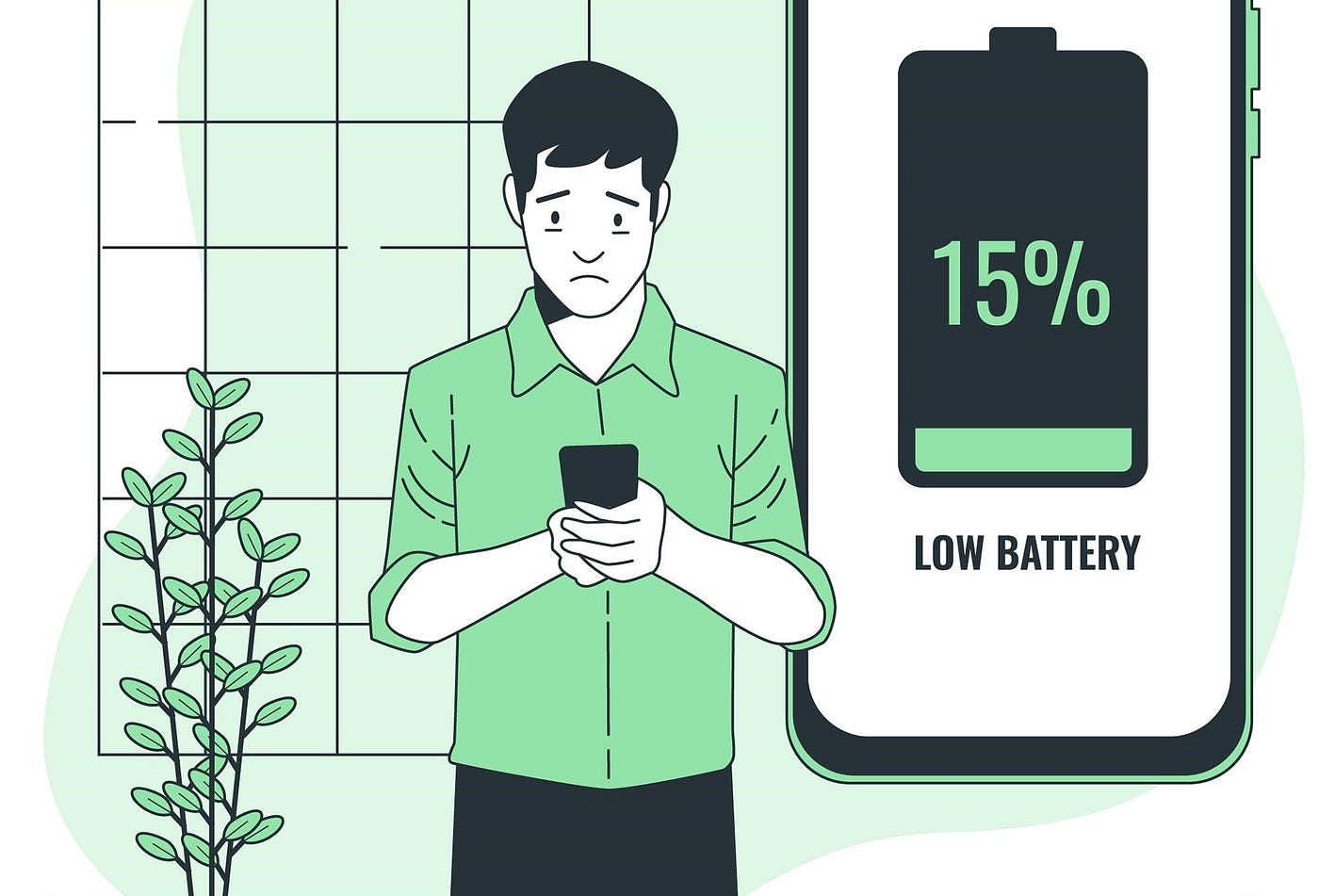Mobile App Development Company in New York is at the heart of the city’s booming tech scene. Whether you’re a startup looking to launch your first app or an established business aiming to scale, hiring a top app development company in New York can make all the difference. From expert mobile app developers in New York to custom solutions that fit your business needs, these companies are redefining how apps are designed, developed, and delivered in 2025.
So, what’s their secret sauce? Why do NYC app shops keep running laps around the competition? Let’s break it down—no corporate jargon, promise.
- Chasing the Next Big Thing (Tech-wise)
New York developers don’t just “embrace” new tech—they jump on it the second it drops. AI, AR, Blockchain—if it’s shiny and powerful, these folks are already poking at it. I mean, you want your app to read your mind and order you tacos? Someone in Brooklyn is probably working on it right now.
Machine learning? Check. Apps that get smarter the more you use them? Absolutely. That’s the vibe—they’re not just keeping up, they’re trying to outpace everyone else.
- Obsessed with UX (Like, Actually Obsessed)
Let’s be real, New Yorkers are picky. If an app annoys them, it’s getting deleted faster than yesterday’s bagel. That’s why top developers here sweat the small stuff—buttons, fonts, colors, all of it. They want you gliding through the app, not fumbling around like your grandma trying to text.
They test, tweak, and test again. And if it’s not intuitive? It’s gone.
- Fast, Flexible, and Honest (Sorta Like Good Pizza)
You know how plans change every five minutes in NYC? Same thing for app projects. These companies use agile (the buzzword, but it actually matters) so they can pivot quick, fix bugs on the fly, and keep clients in the loop. No ghosting, no black box development. You’ll get updates, real talk, and maybe some attitude, but never radio silence.
- Custom Everything (Cookie-Cutter Is Dead)
Copy-paste apps? Nah. Every business is a weird little snowflake, so NYC devs build from scratch. You got a wild idea? They’ll make it happen—even if it keeps them up all night. And as your company grows, that app will stretch with you, not break down when you finally go viral.
- Security Paranoia (In a Good Way)
If there’s one thing that keeps developers up at night (aside from too much coffee), it’s security. Data breaches? No thanks. They’re encrypting, auditing, basically locking things down tighter than a speakeasy during Prohibition. Plus, they’re all over the regulations—HIPAA, GDPR, whatever acronym you throw at them.
- Show Me the Receipts (Portfolio, Baby)
You want proof? These companies have it. Healthcare, real estate, e-commerce, you name it—they’ve built it. Their portfolios are basically flexing at this point. And all that experience means they’ve seen every weird client request and tech hiccup you can imagine.
- Not Ghosting After Launch
A lot of devs will ship your app and disappear. Not NYC teams. They’ll stick around, squash bugs, roll out updates, tweak stuff, and maybe even grab a coffee with you (okay, maybe not, but you get the idea). They want your app to actually last, not flame out after a few weeks.
- Local Flavors, Global Taste
There’s something about New York—you get every culture, every trend, every weird little market niche. These devs know how to build stuff that hits home with locals, but they’re also thinking big, like “let’s take this global” big. Best of both worlds.
Bottom Line
Picking a mobile app developer in NYC? Honestly, it’s a power move. These teams are creative, a little intense, and dead serious about results. Whether you’re a scrappy startup or a giant corporation, if you want an app that actually works (and maybe even makes people say “whoa, that’s cool”), you know where to look. So yeah, 2025 is wild, but New York’s still got the edge.




